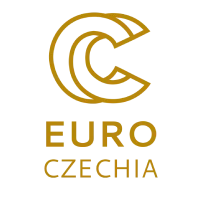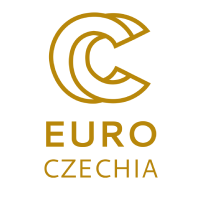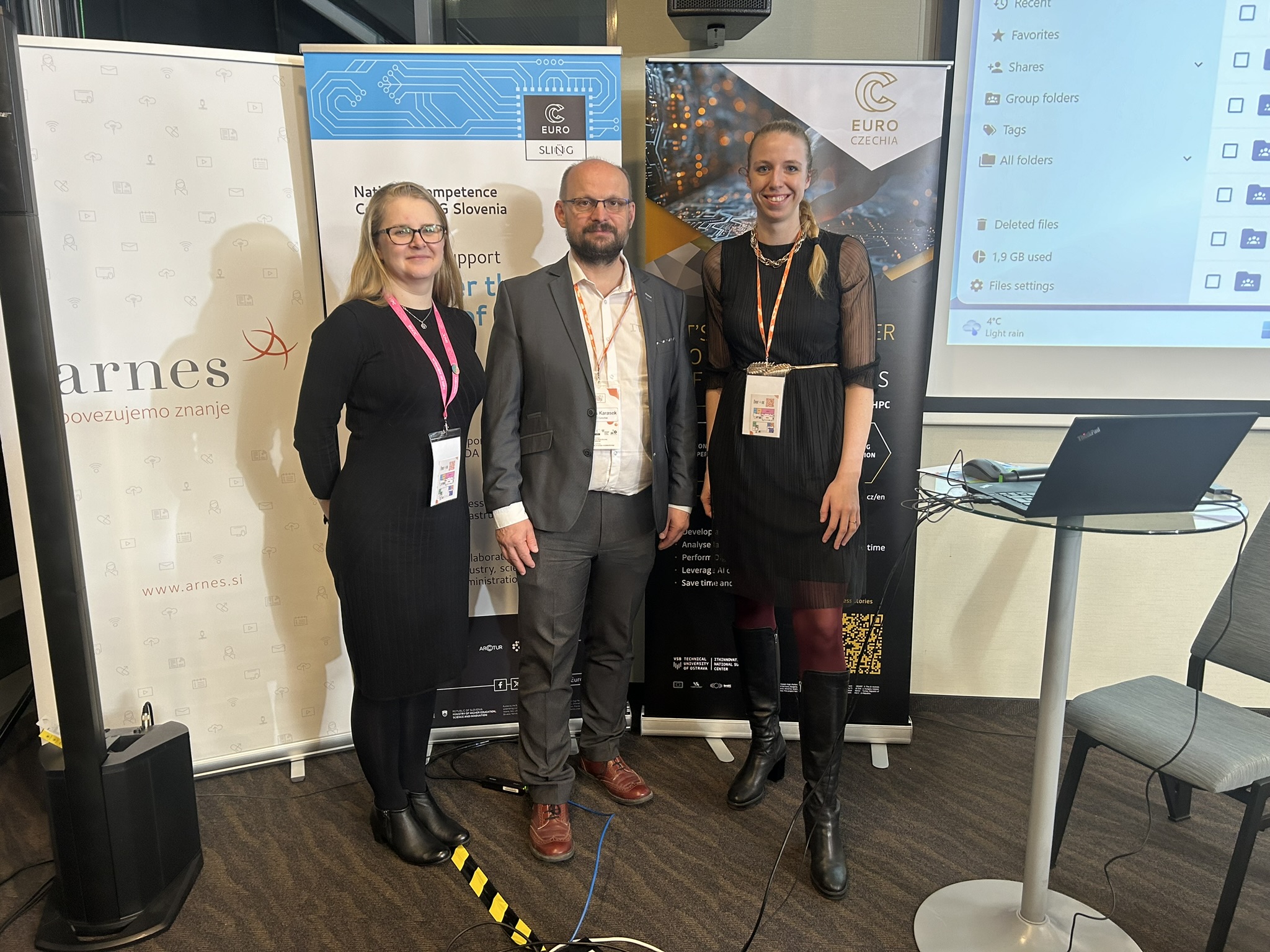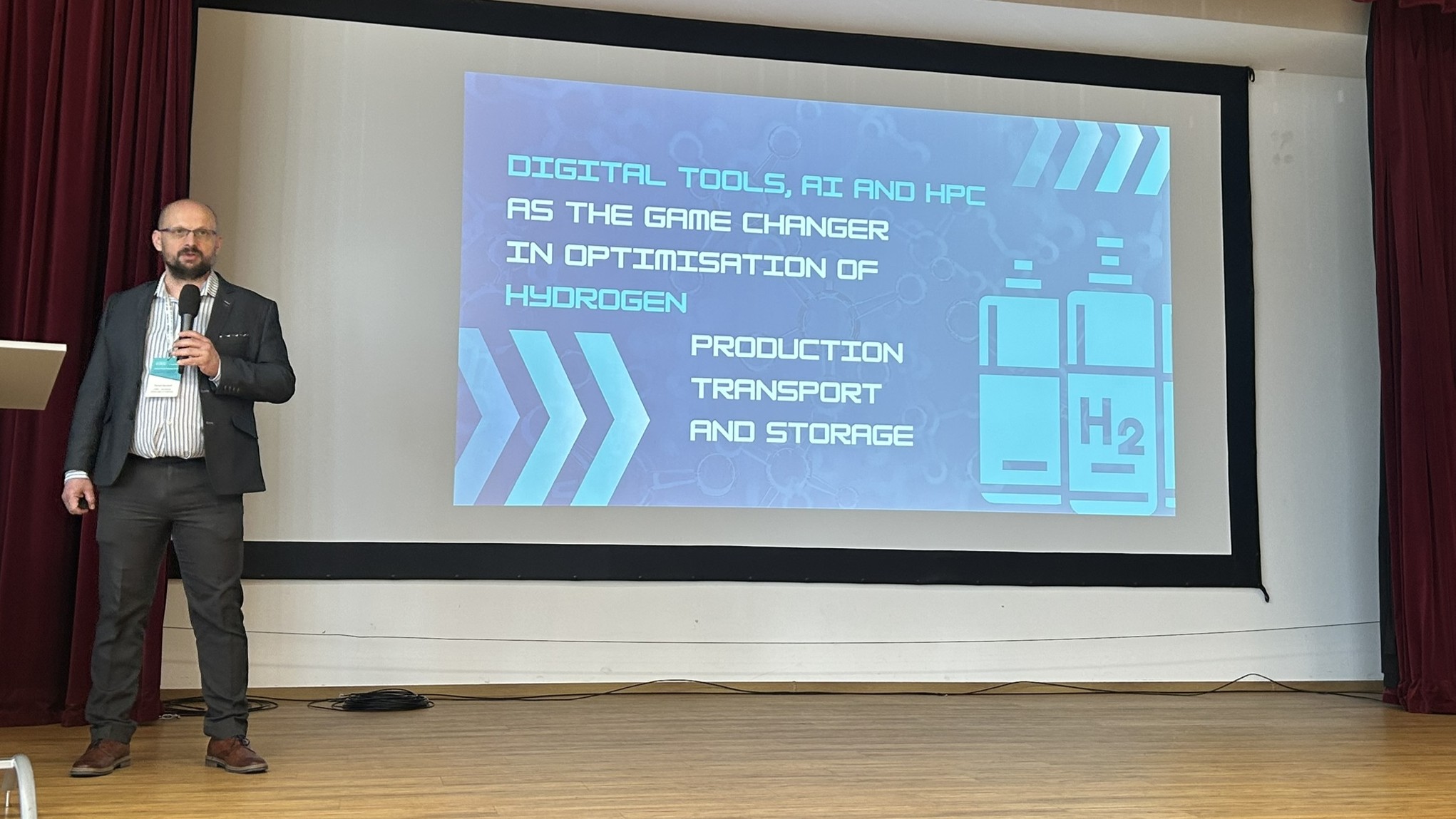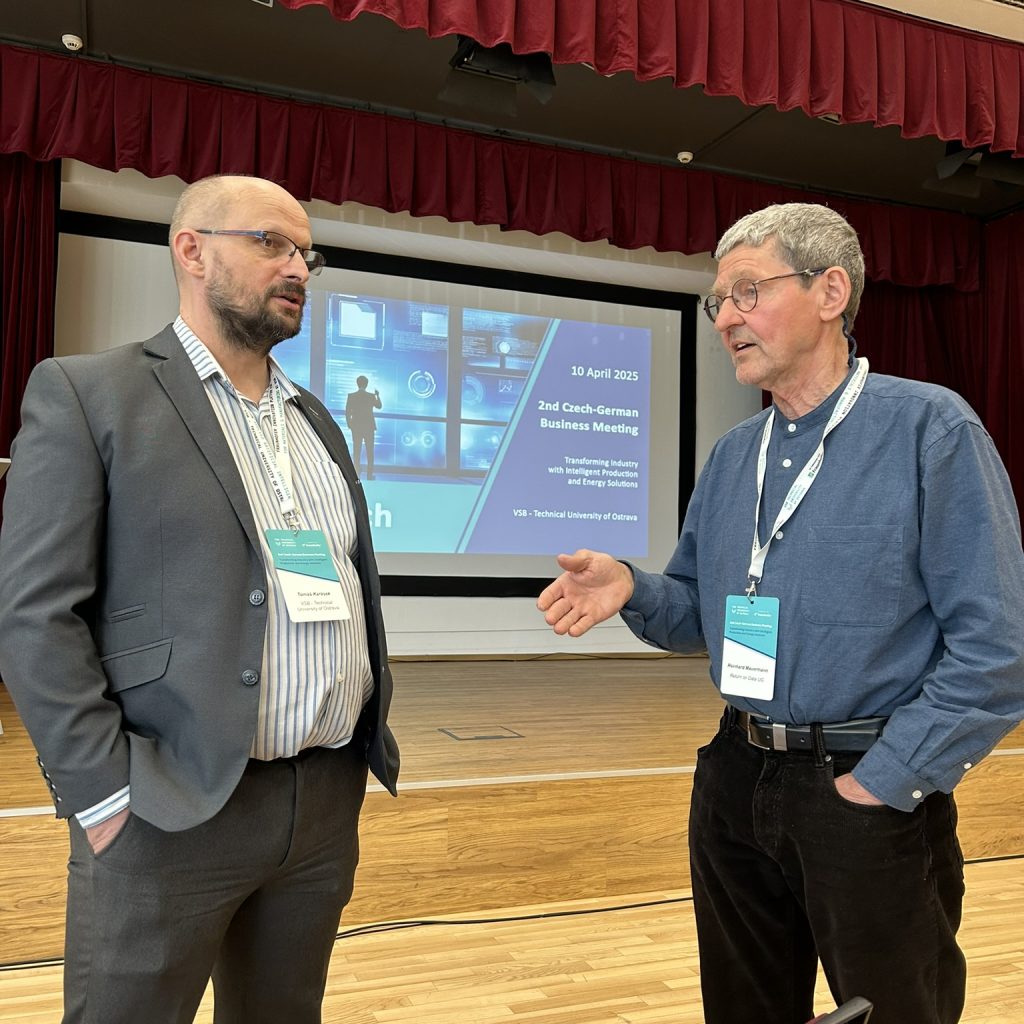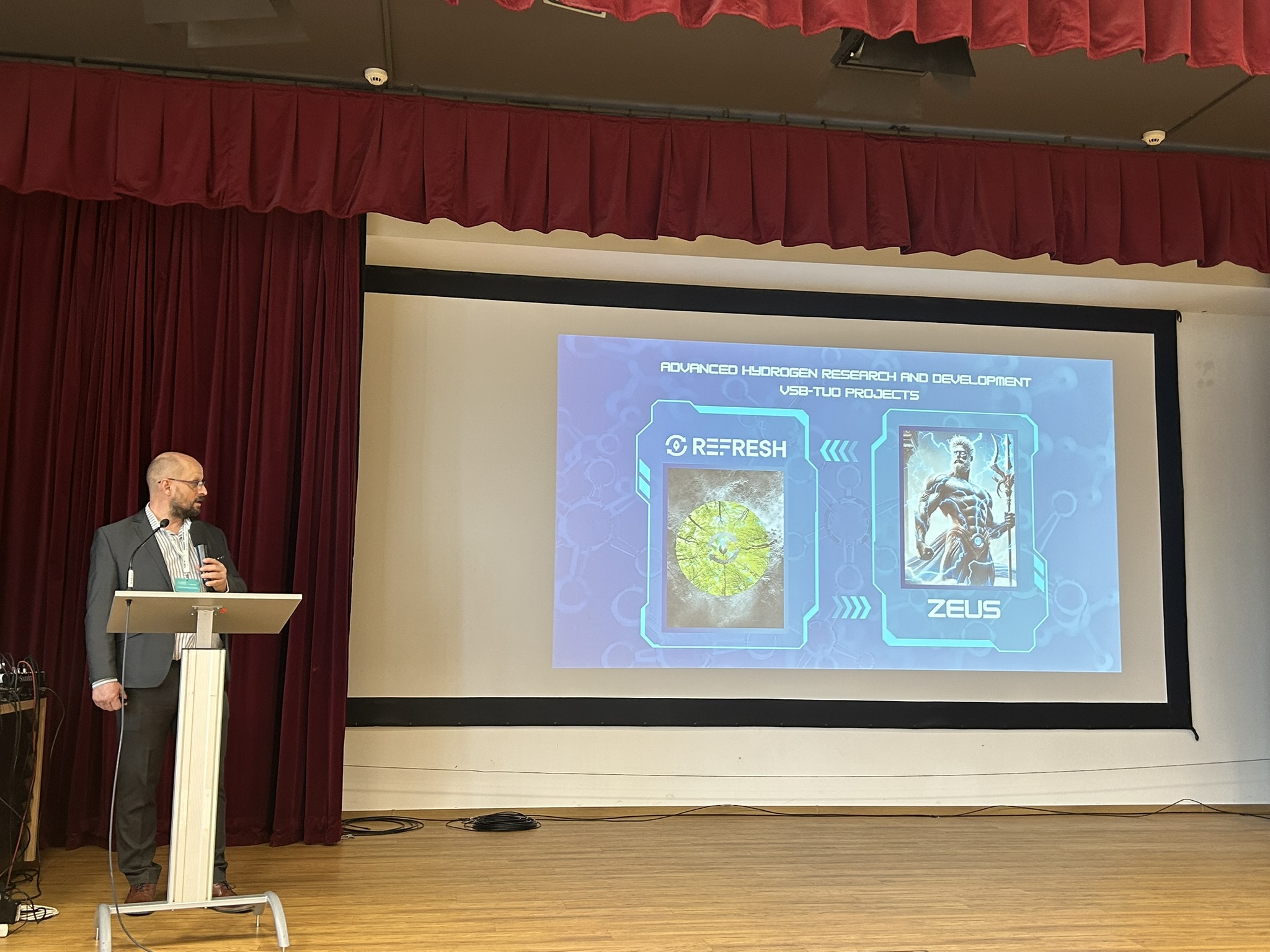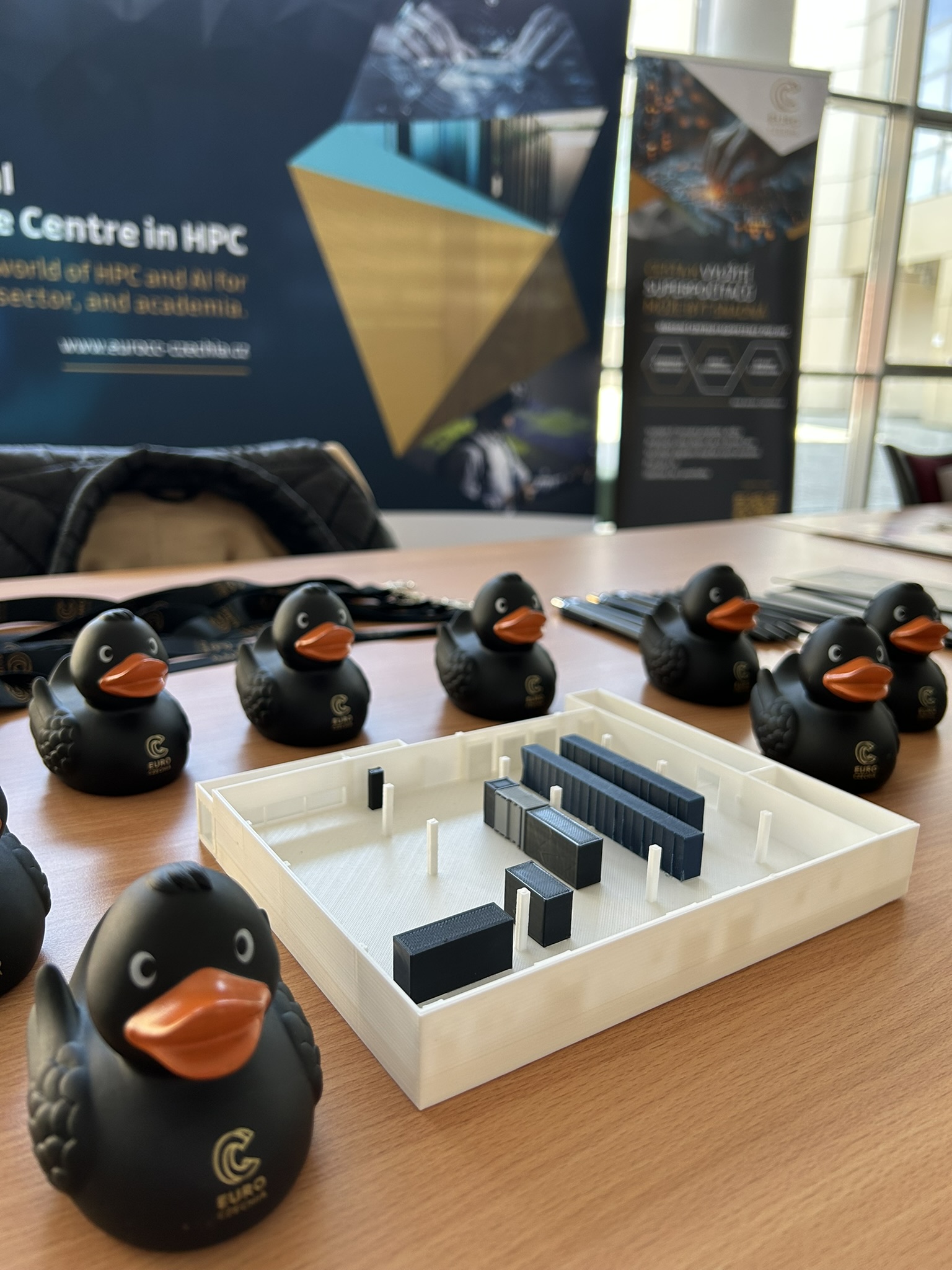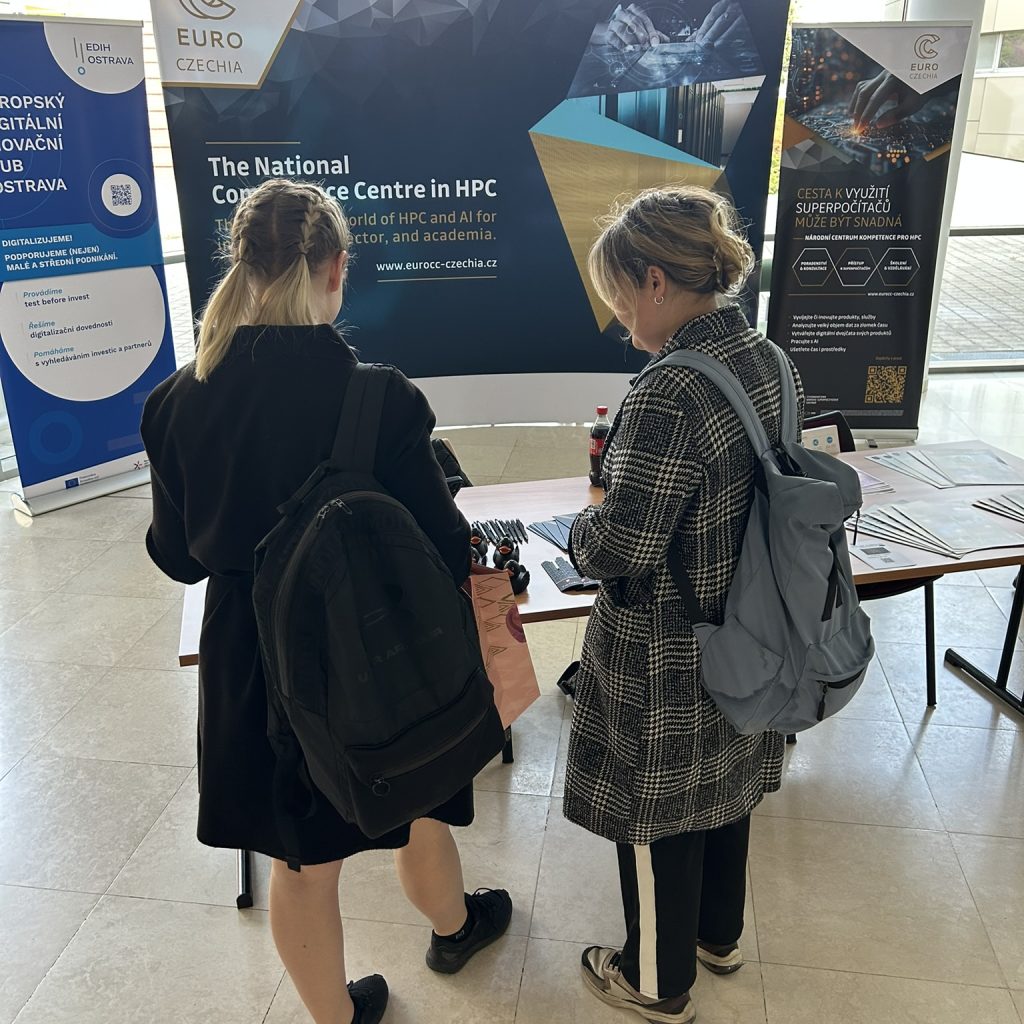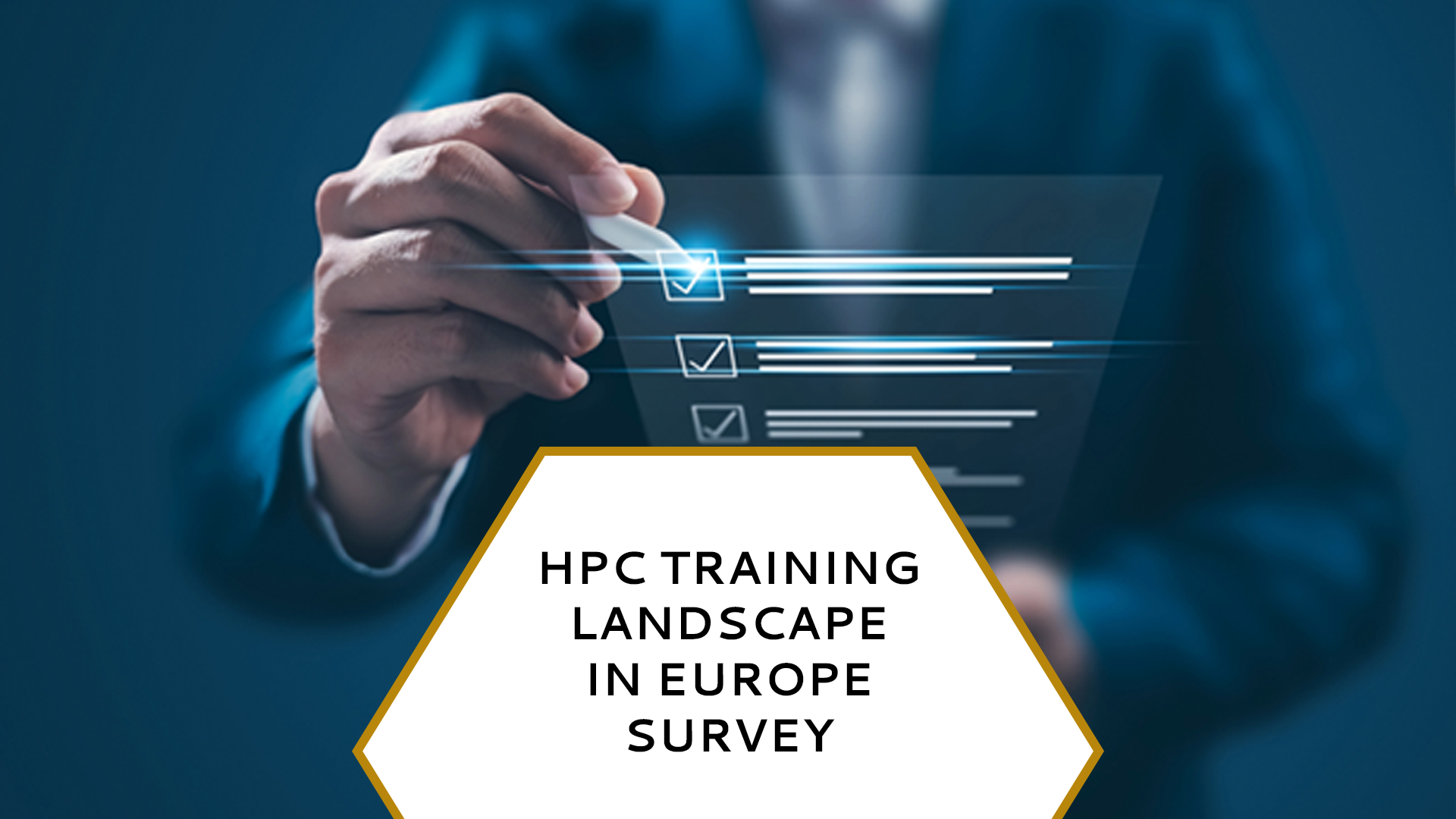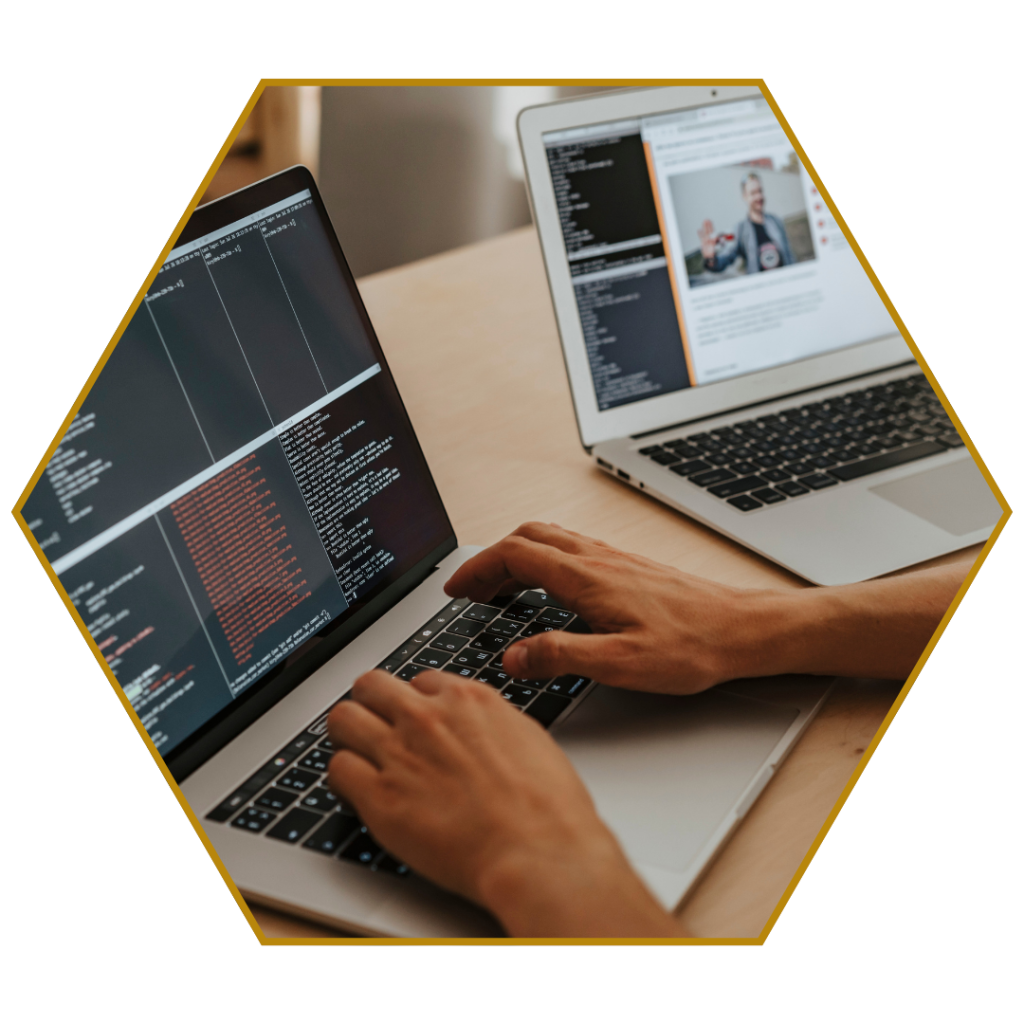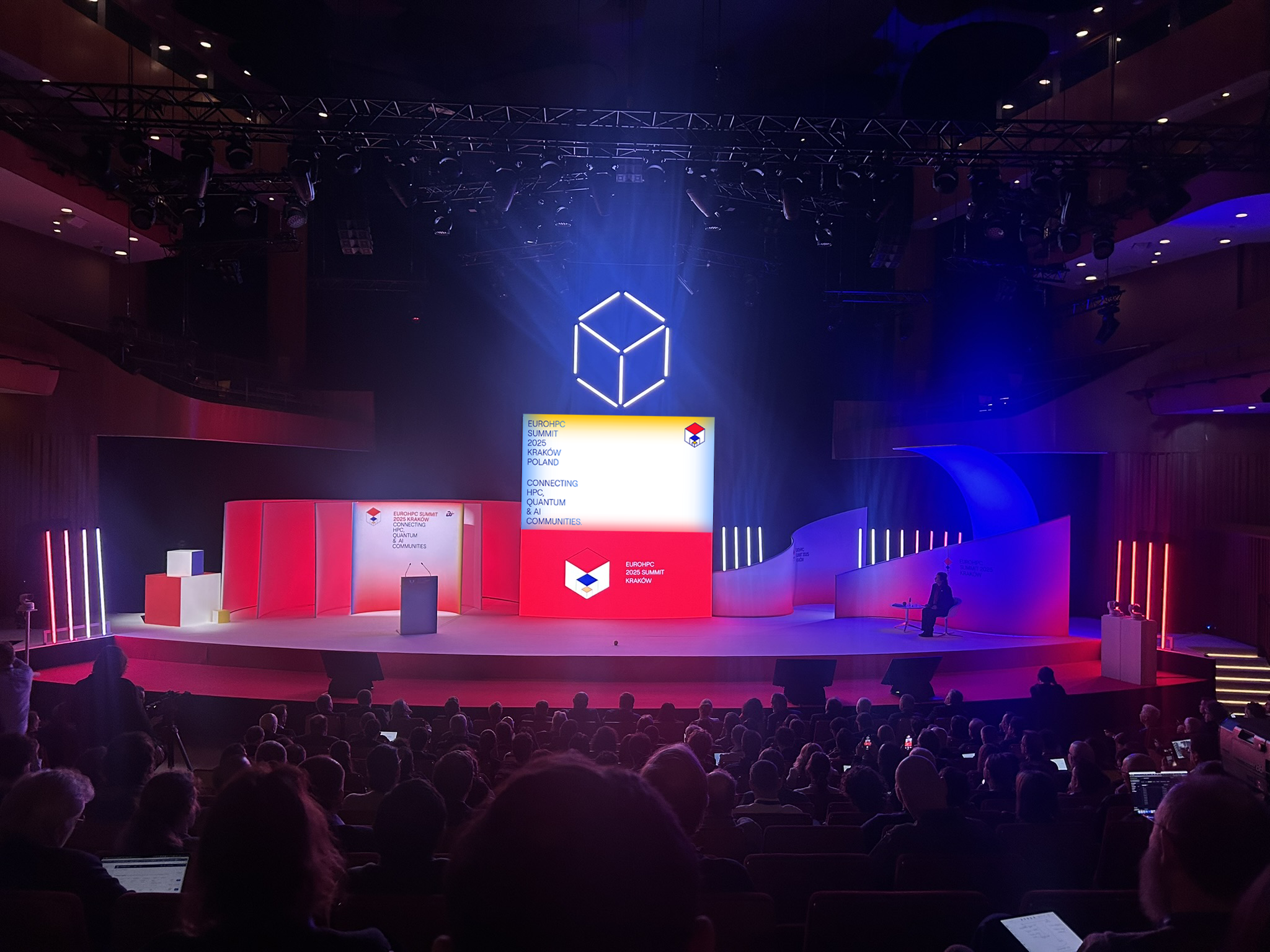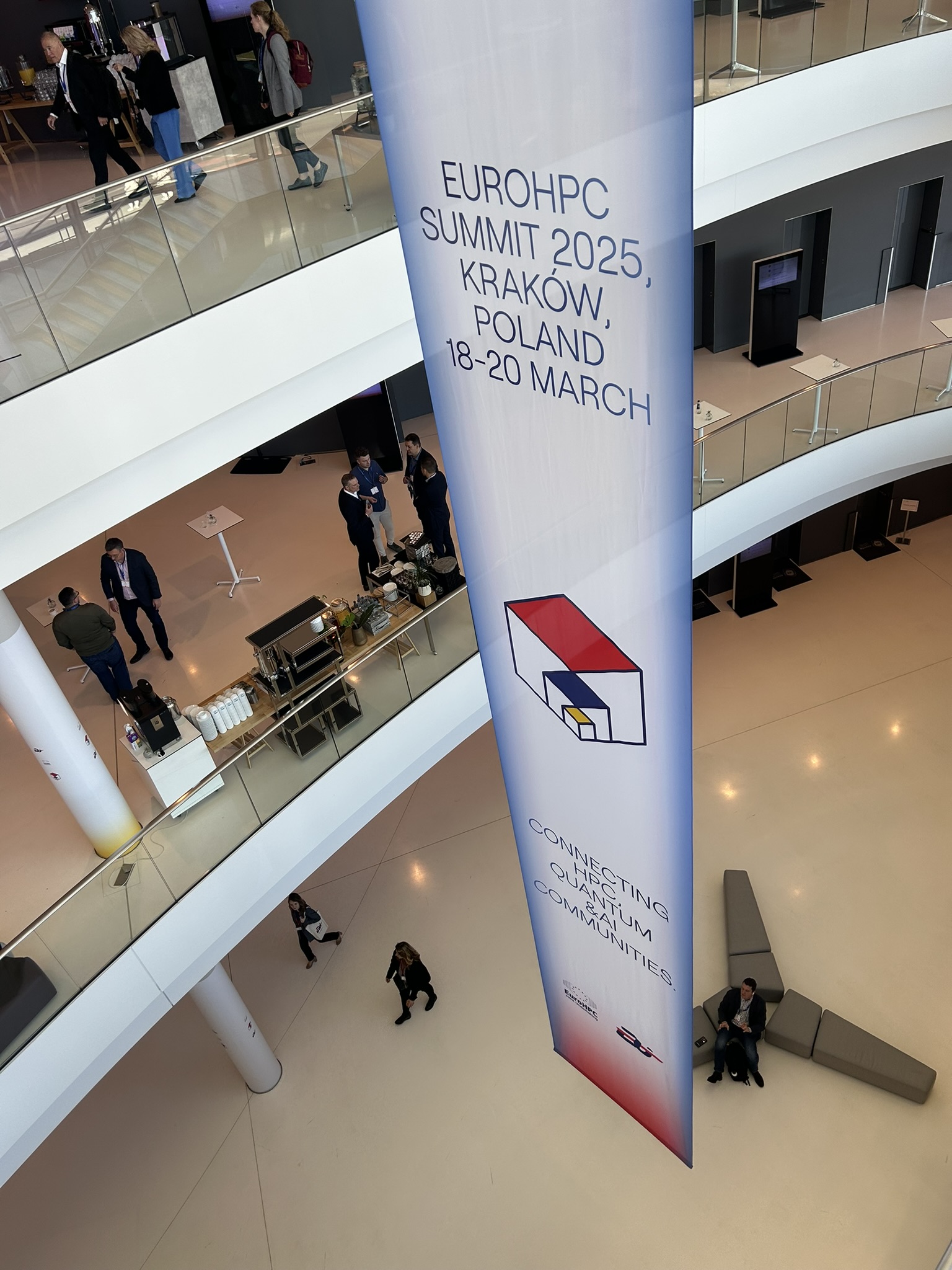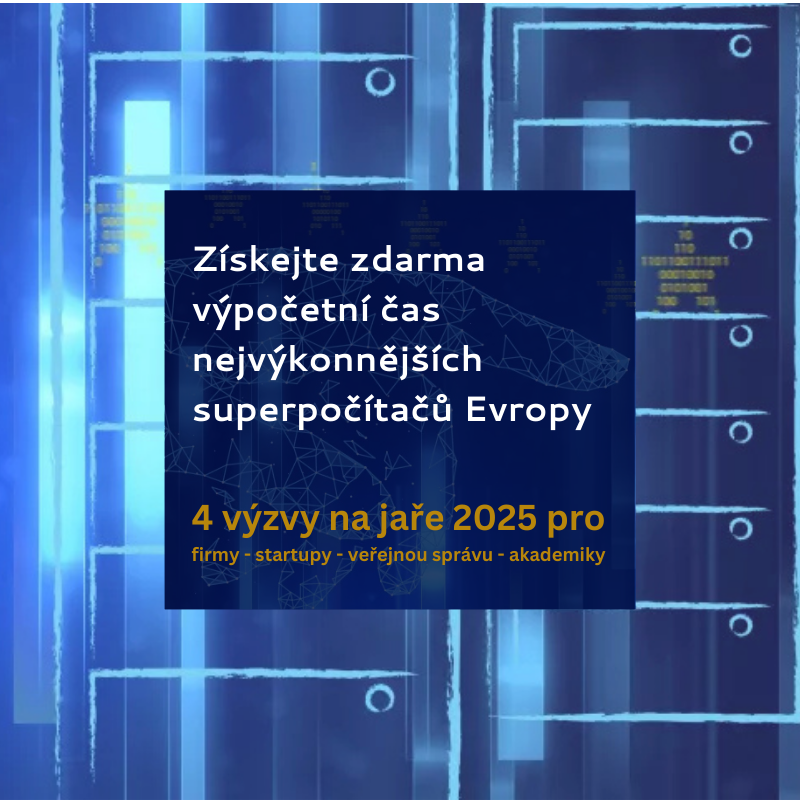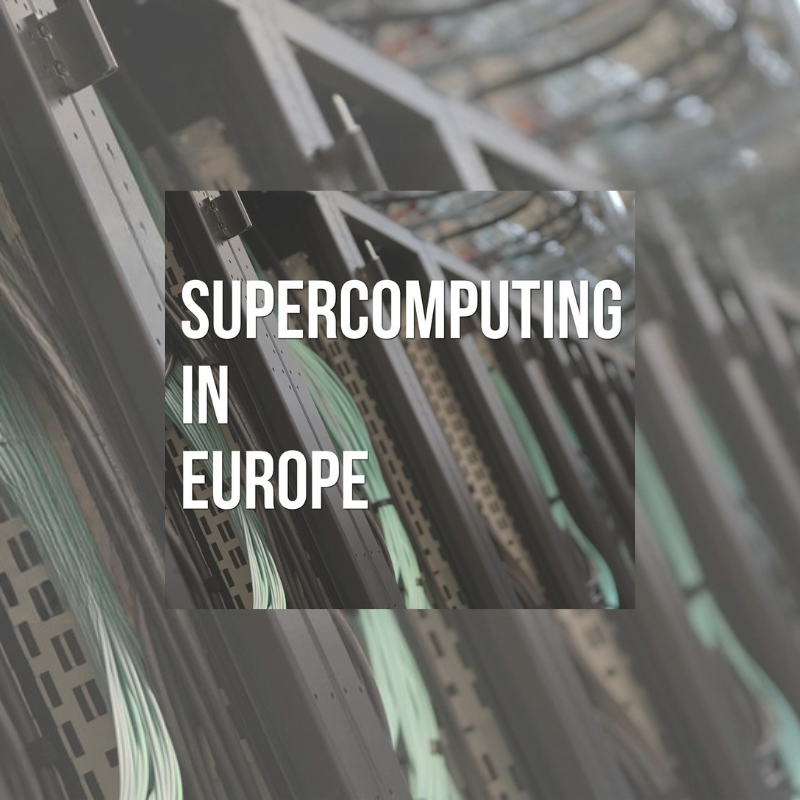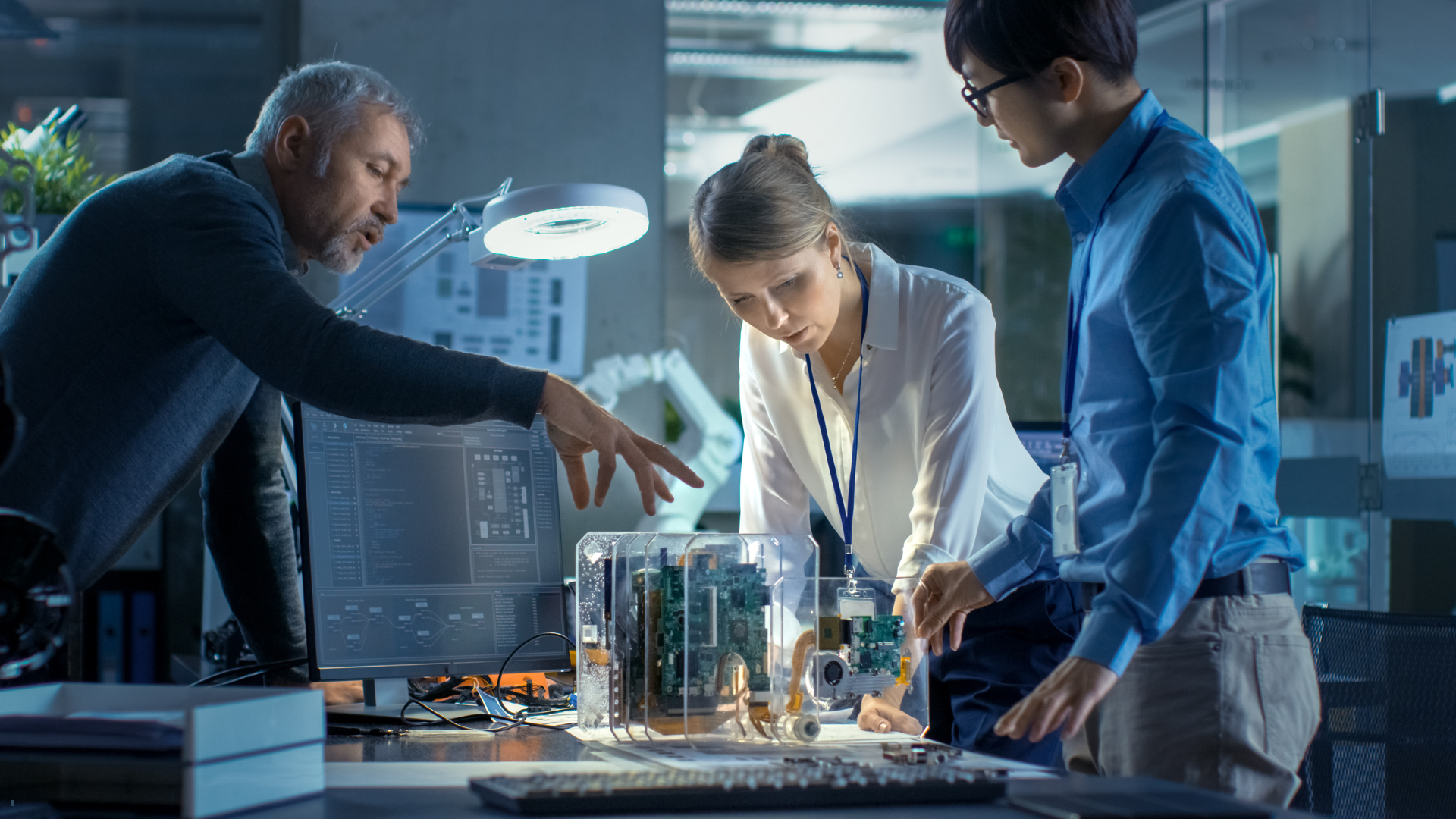Czech companies received a grant of EUR 200,000 from the European FFplus initiative. Thanks to this, they can significantly speed up the process of designing a new type of aircraft using advanced technologies such as artificial intelligence, digital modelling, neural networks, and simulations, which are also accelerated by supercomputers. Experts from IT4Innovations National Supercomputing Center in Ostrava will help them with the implementation. The companies succeeded in a competition of 126 European projects, thanks in part to the support of the National Competence Centre in HPC, which provided assistance with the project’s development.
Financial support was provided to BRM AERO, a family-owned company specialising in custom aircraft manufacturing for developing new aircraft. It has formed a strategic partnership with the engineering Airmobis company, which also specialises in aerodynamic development work. IT4Innovations’ comprehensive industry know-how will be complemented by its expertise in advanced technology and supercomputing.
The new development method will focus primarily on the shape and configuration of the wing high-lift mechanism. Optimisation of the shape and path of the flaps will be key to achieving maximum efficiency. Traditional computational methods have failed to achieve the required level of accuracy. The innovative approach will result in a methodology that will not only create an optimised aircraft shape in a fraction of the time and cost but also reduce the weight and volume of production material, increase cruise speed, and reduce fuel consumption. This will lead to greater environmental sustainability while meeting strict safety and performance standards.
The company will offer a new aircraft model with significant operational savings and gain a competitive advantage in the international market. In addition, this methodology will be applicable to the innovation of other new aircraft models, significantly reducing the time to market.
Over the past five years, it has become clear that customers prefer two-seat aircraft with the performance and comfort of a modern, high-end car. BRM AERO is responding to this demand by designing a new model. The growing market potential in the USA and Europe suggests that demand for these planes will grow significantly, with BRM AERO exporting 90 % of its production to more than 50 countries.
The project will make use of the latest technologies. The key will be computational fluid dynamics (CFD) simulations, which can analyse the airflow around the aircraft in detail and optimise the shape of the flaps and wings to reduce drag and increase lift. Supercomputers will allow thousands of variations of these simulations to be processed efficiently and quickly. Another key technology used will be a neural network. This deep learning model will be trained on a large amount of data obtained from the simulations, allowing faster and more accurate design of optimal configurations. This significantly reduces the need for physical prototyping, saving time and cost. In the final stages of implementation, the new designs will be tested through 3D simulations to verify the aerodynamic properties of the optimised aircraft.
In addition, experts from IT4Innovations have been invited to work on another initiative approved under the FFplus programme, worth almost EUR 260,000. This initiative will focus on developing a new AI model in applied structural biology. Find out more about it on the National Competence Centre in High Performance Computing (NCC in HPC) website.
For more information about other selected FFplus projects, see here.
Media Contact
Kateřina Beranová, Communication Specialist at the National Competence Centre in HPC
katerina.beranova@vsb.cz
tel.: +420 770 641 223
Boilerplate
The National Competence Centre in High-Performance Computing (HPC), abbreviated as NCC, is the gateway to the world of supercomputing for Czech businesses, startups, public organisations, and academia. It provides access to know-how and technologies for high-performance computing, high-performance data analysis, artificial intelligence, and quantum computing.
As part of its services, the centre offers advice and consultation, provides access to supercomputers and organises training in the field. The centre helps its partners navigate their options for using supercomputing technologies. It connects interested parties with IT4Innovations National Supercomputing Center experts to help them identify opportunities, propose solutions, and test the added value that supercomputing can bring to their cases. Since its foundation, the centre has established successful collaborations with a wide range of businesses and organisations across industries.
The centre was established under the auspices of the EuroCC project, which was approved and supported by a grant from the European Joint Undertaking for HPC (EuroHPC JU), funded by the European Union’s Horizon 2020 research and innovation programme and the Czech Republic.
For more information, see www.eurocc-czechia.cz/o-nas/
About the BRM AERO company
BRM AERO is a Czech family company from Kunovice, founded in 2009 by father and son, Milan and Martin Bříštěla. The company specialises in developing and manufacturing two-seater aircraft in ultralight, light sport, and general aviation categories. During its existence, it has delivered more than 1,000 aircraft to customers worldwide.
Production takes place on an area of over 15,000 m², where more than 130 professionals work with a focus on quality, innovation, and safety. BRM AERO produces more than 110 aircraft per year, which are distributed through an international network of partners and dealers.
The Bristell brand is known for its spaciousness, comfort, and customisation. Bristell aircraft are popular with private pilots, flight schools, and operators looking for a combination of performance, reliability, and high utility value.
For more information, see www.bristell.com.
Follow us!
You will never miss new courses and updates.
